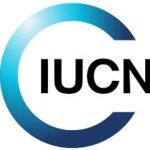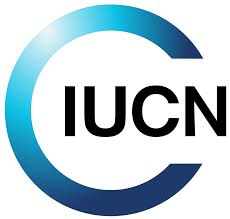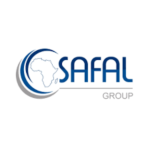
Forest Officer, Bahari Yetu CLICK HERE TO SEE DETAILS & APPLY
Institutional Capacity Development Officer, Bahari Yetu CLICK HERE TO SEE DETAILS & APPLY
Project Driver/ Administrative Assistant, Bahari Yetu CLICK HERE TO SEE DETAILS & APPLY
Senior Programme Officer, Bahari Yetu CLICK HERE TO SEE DETAILS & APPLY
Plastics Waste Management Officer-Bahari Yetu CLICK HERE TO SEE DETAILS & APPLY
Marine Governance and Ecosystems Officer- Bahari Yetu CLICK HERE TO SEE DETAILS & APPLY
THIS IS A LOCAL POSITION TO BE BASED IN MTWARA TANZANIA WITH FREQUENT TRAVEL TO UNGUJA ISLAND.
BACKGROUND:
IUCN’s Tanzania Country Programme supports priorities defined under Tanzania’s National Development Plan, National Biodiversity Strategy and Action Plan, National Climate Change Strategy, Agriculture and Water Sector Development Strategies and Marine and Fisheries Action Plans, Blue Economy Policies and Strategies, IUCN Intersessional Plan 2021-2024 as well as relevant Multi-lateral environmental agreements. Our 2030 strategic goals include sustainable land and landscapes management, conservation of critical natural habitats, Integrated water resources management, capacity building for climate change adaptation and mitigation, and Coastal and ocean resilience (COR) building.
IUCN’s Tanzania Country Programme is currently implementing a project called “PAMOJA TUHIFADHI BAHARI YETU – with a short form Bahari Yetu”. This is a 4-year project (2024 – 2028) with the overall goal of improving environmental protection and biodiversity conservation of the coastal and marine ecosystems in Tanzania. This project is funded by the European Union through the ‘Blue Economy for job creation and climate change adaptation programme’: a 110 M EUR programme that aims to contribute to a climate resilient Blue Economy on the Tanzanian coastal cities and ecosystems. The project is implemented in parts of the Mtwara, Coastal and Dar es Salaam regions and Unguja Island in Zanzibar. The project consists of four components:
i. Protection of Marine Resources Biodiversity,
ii. Strengthen Community-led Management of Coastal Forests,
iii. Combat plastic litter in marine and estuary water bodies,
iv. Improve institutional capacities for research, monitoring, surveillance and management of coastal and marine resources.
The project is designed to feed into the Great Blue Wall Initiative. The Great Blue Wall is a Western Indian Ocean (WIO)-born, Africa-driven roadmap to achieve a nature positive world by 2030. It aims at unlocking unprecedented nature-based recovery efforts through the establishment of a transformational movement. Its goal is to dramatically accelerate and upscale ocean conservation actions while enhancing socio-ecological resilience and the development of a regenerative blue economy by catalyzing political leadership and financial support. This will be achieved by spearheading the establishment of a connected network of nature-people positive seascapes (or regenerative seascapes). This network of seascapes will be connected by a living blue wall that will act as a regional ecological corridor formed by conserved and restored critical blue ecosystems such as mangroves, seagrasses and corals. While the Great Blue Wall will act as a wall against climate change impacts and biodiversity loss, it will also shelter coastal communities and create the enabling conditions and necessary mechanisms to empower local stakeholders to become stewards of the ocean while accelerating the development of a regenerative blue economy. The Great Blue Wall is an action-focused and action-driven regional response to 3 interconnected crises, i.e. Biodiversity – Climate – Socioeconomic with three clear objectives to be achieved by 2030:
– Effectively and equitably conserve at least 30%of the ocean by 2030
– Conserve and restore critical blue ecosystems to achieve net-gain by 2030
– Unlock the development of a regenerative blue economy that directly benefits coastal communities while also delivering conservation outcomes.







